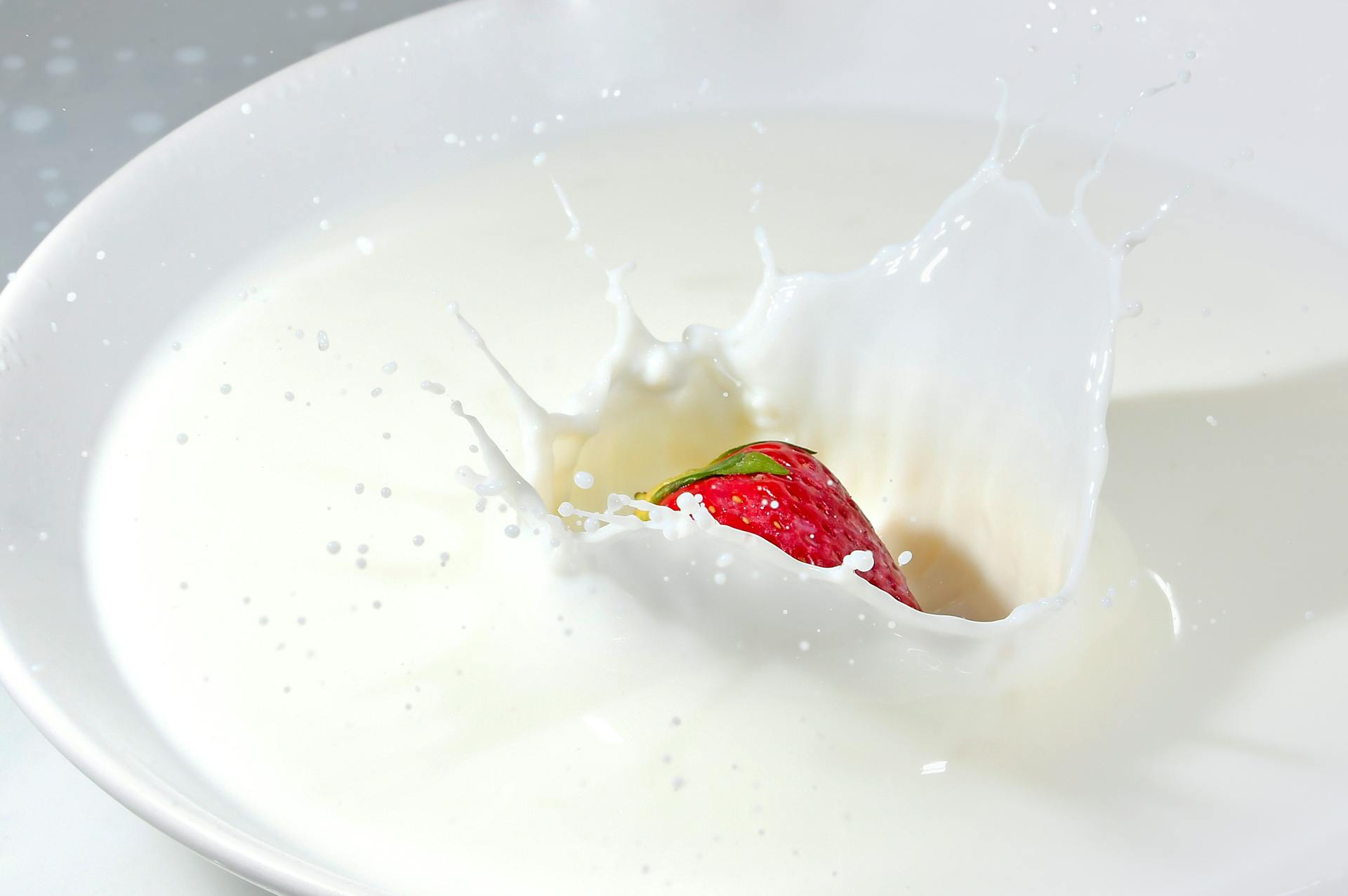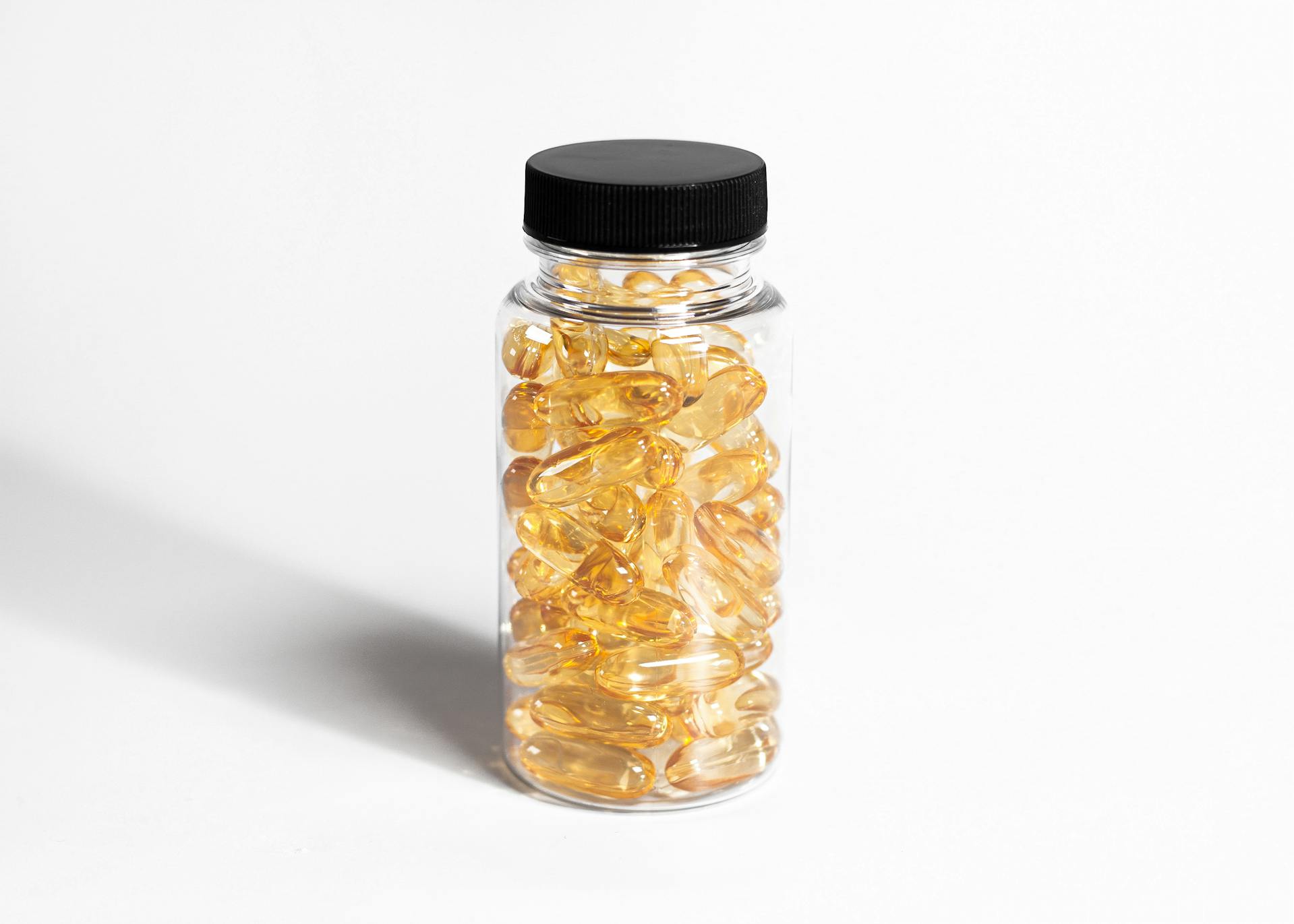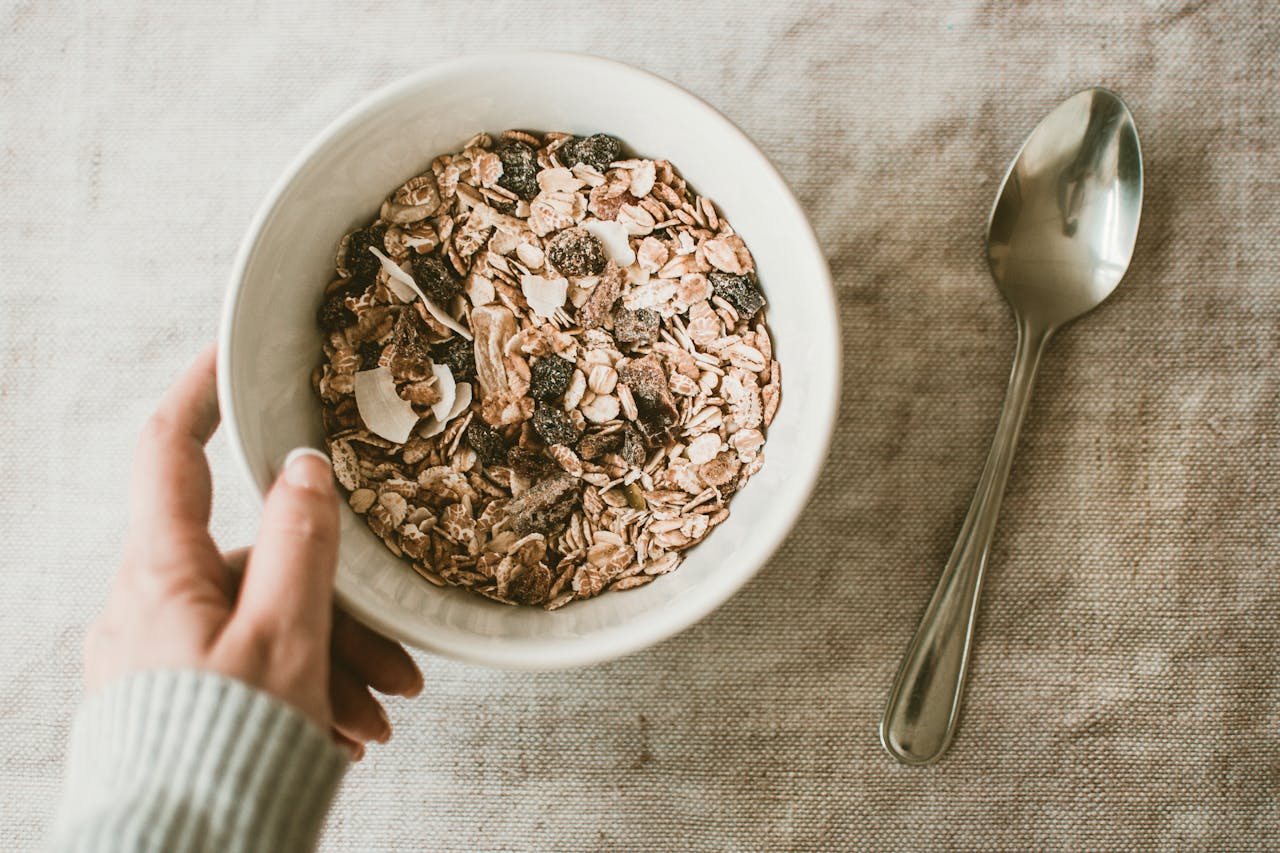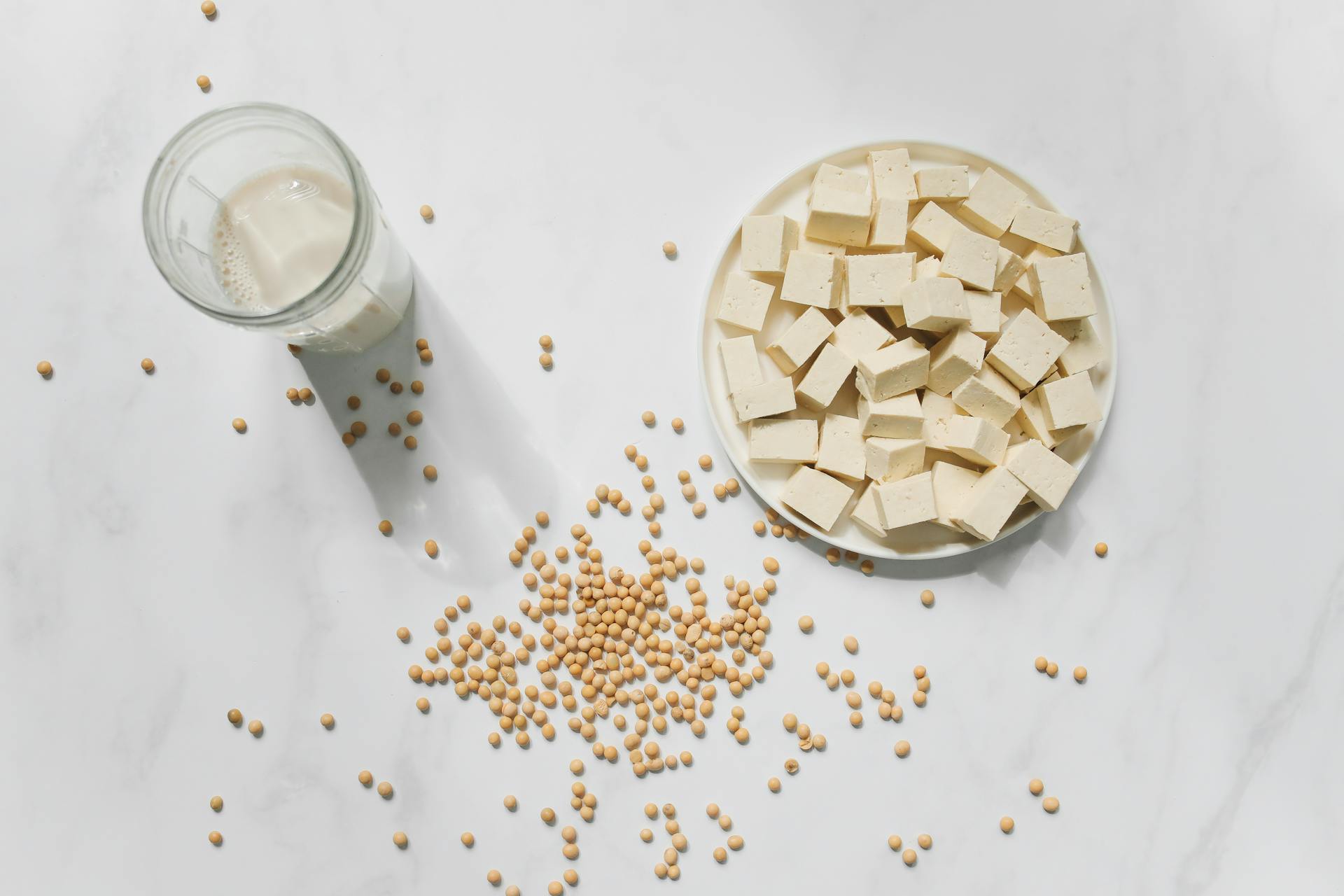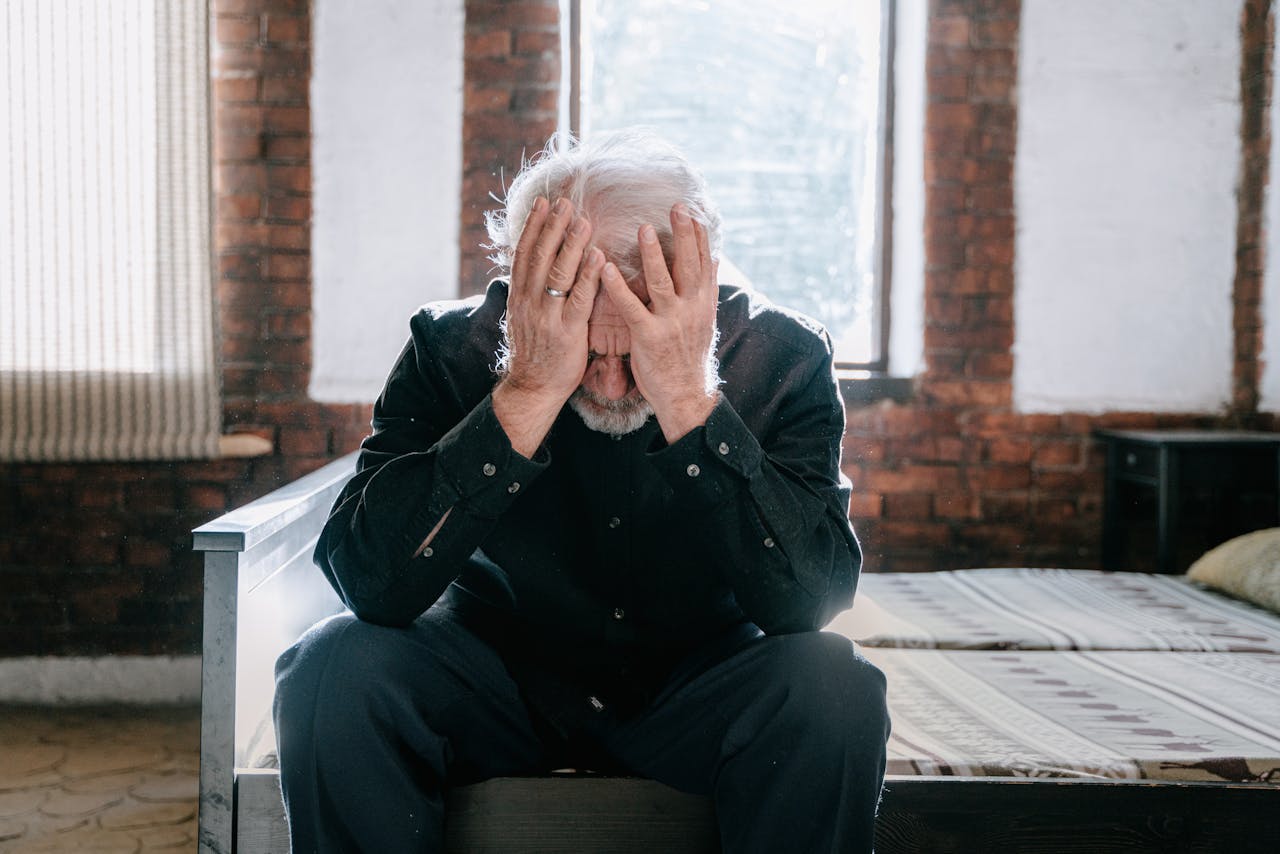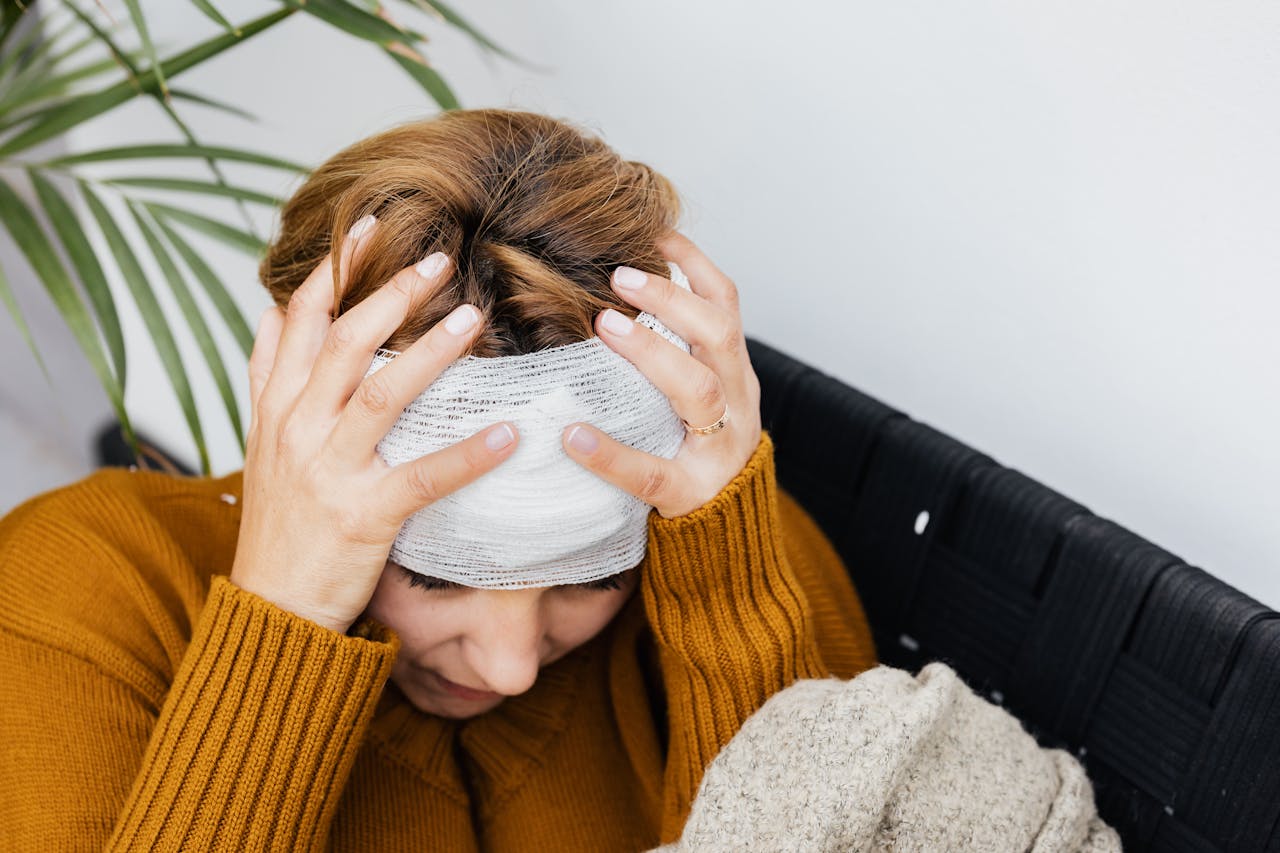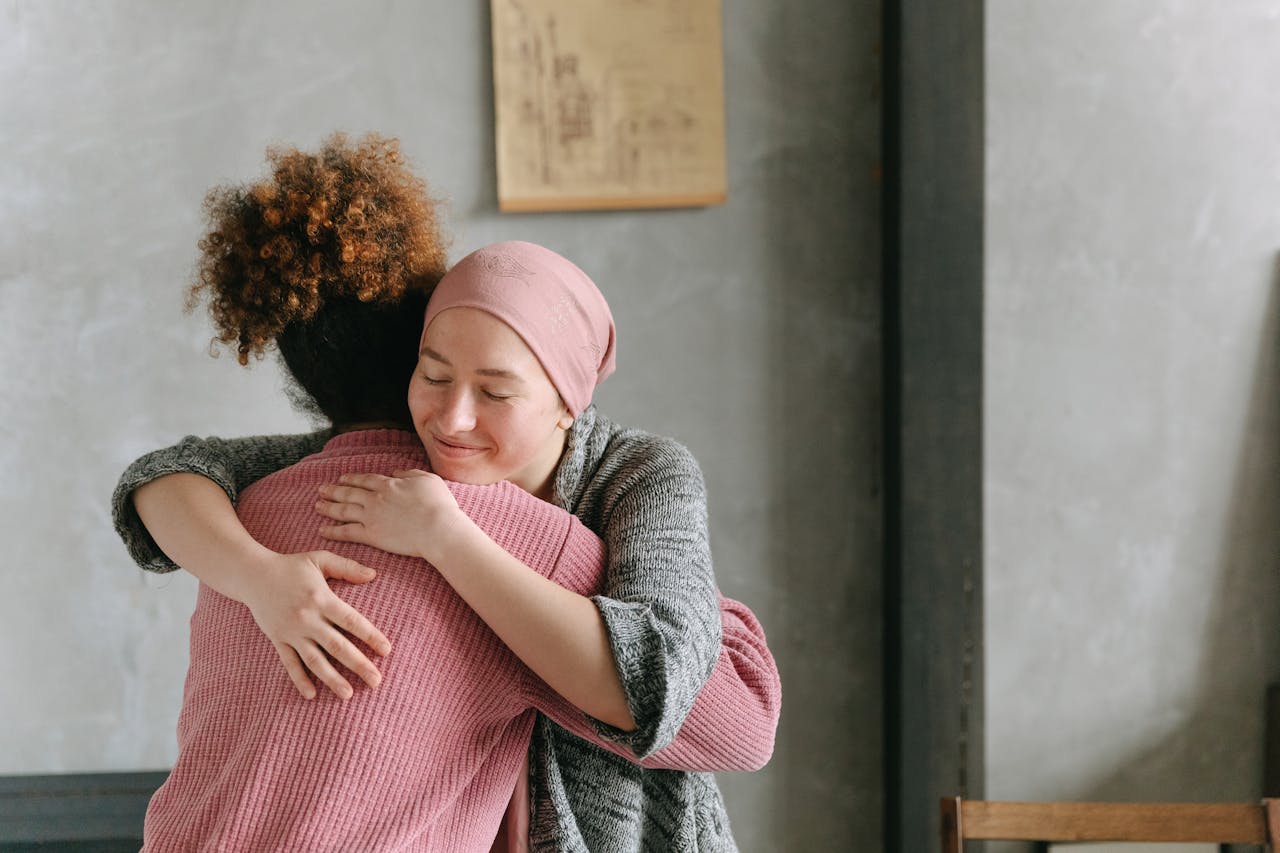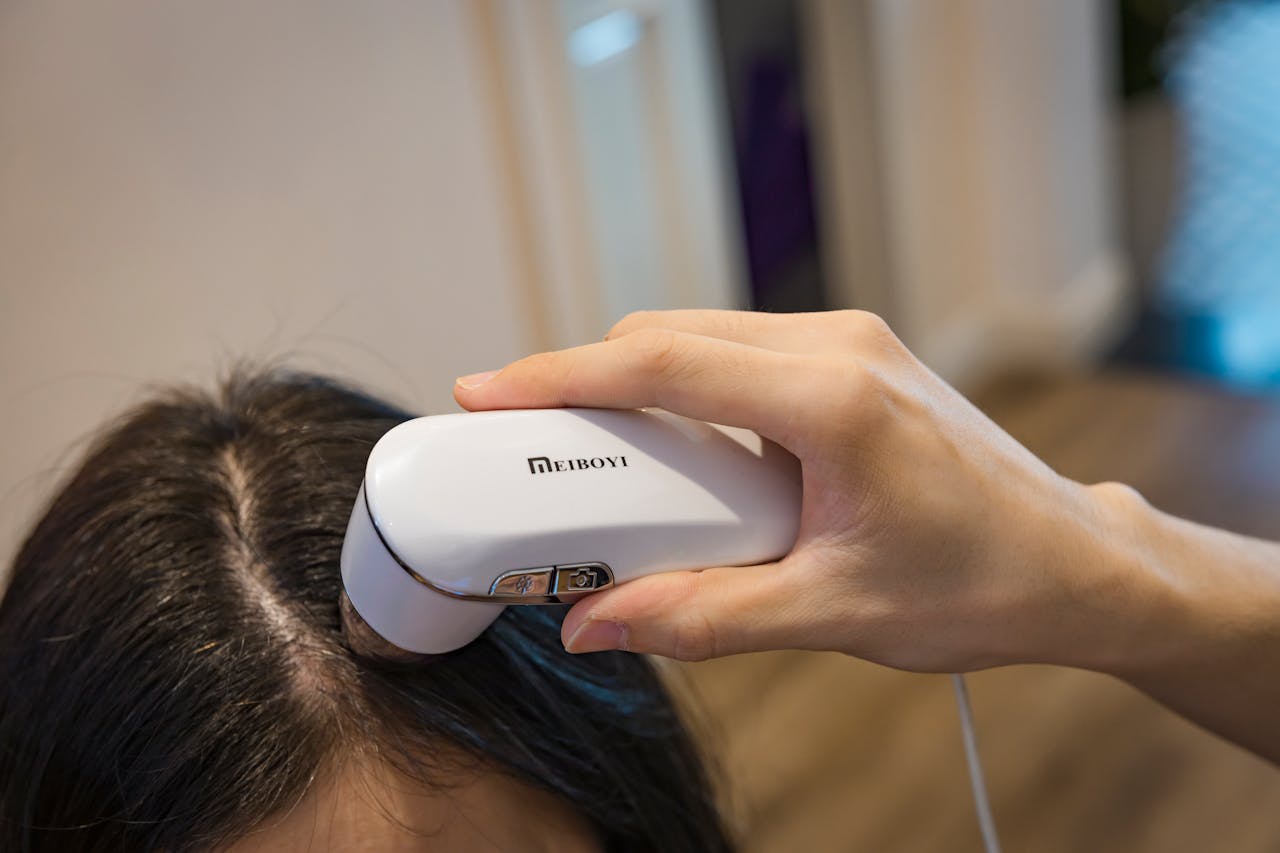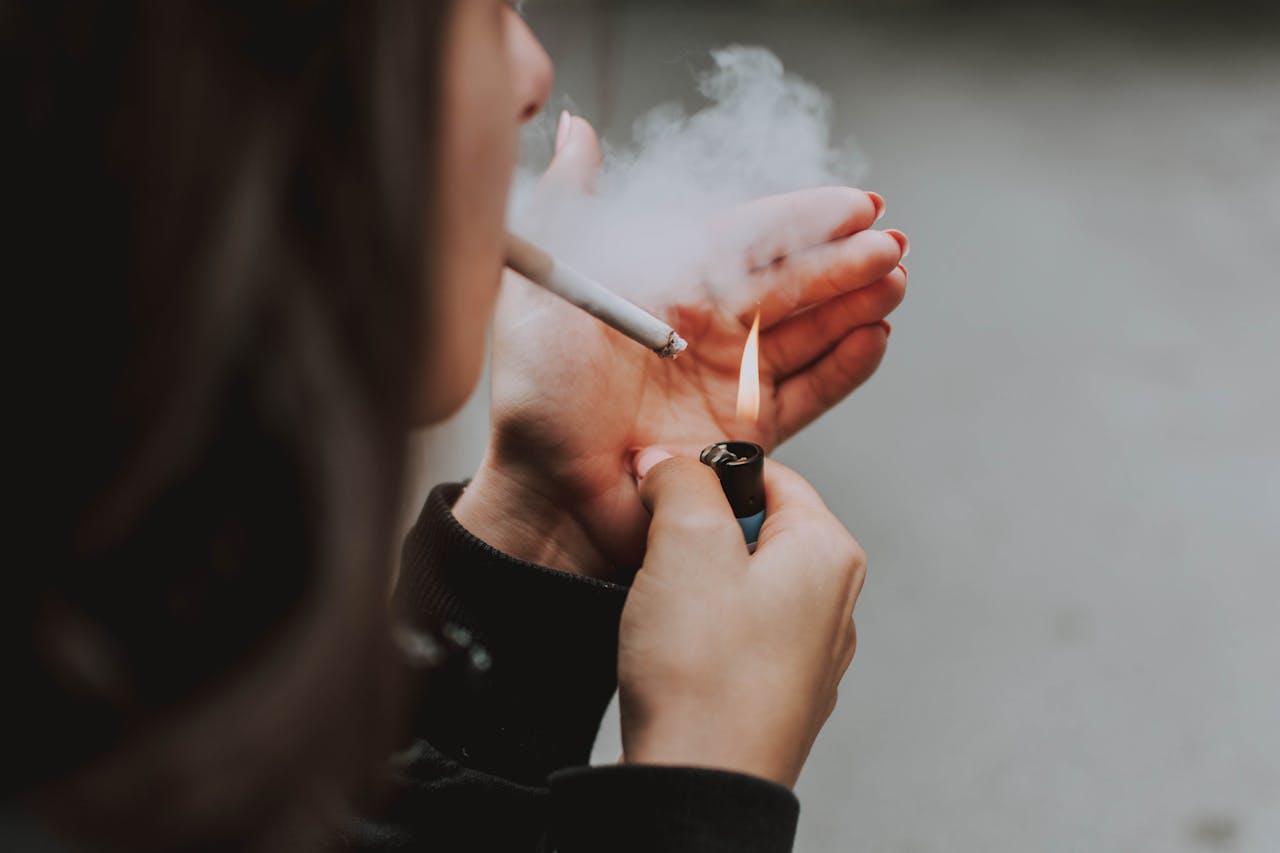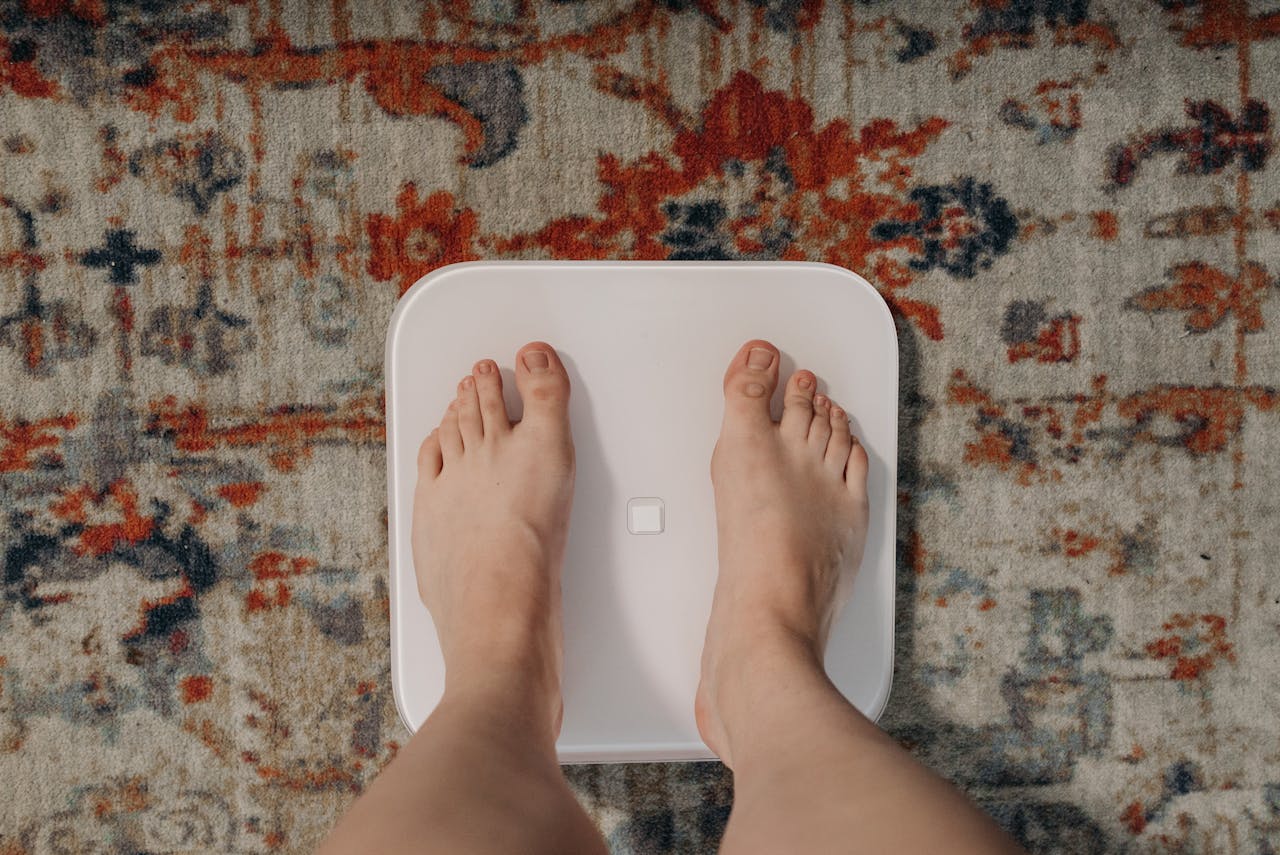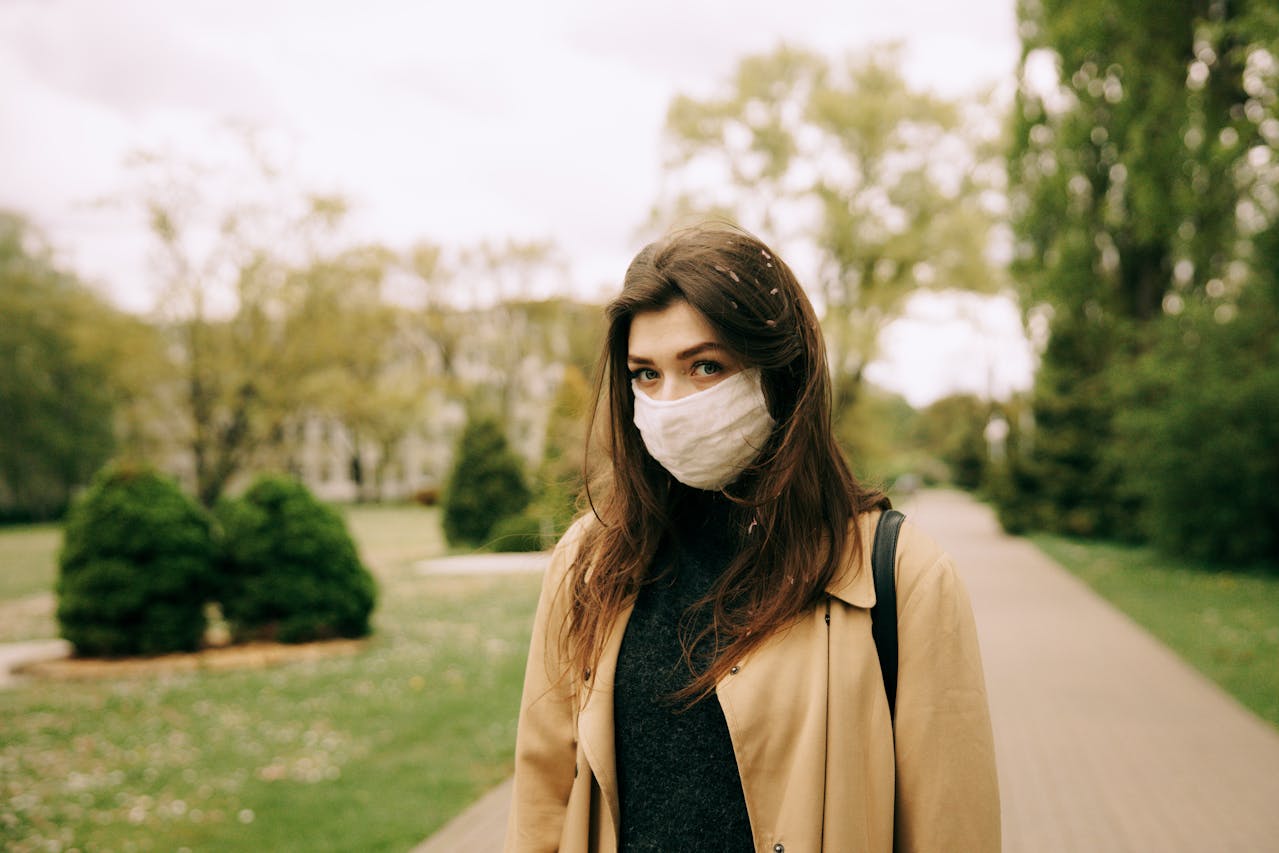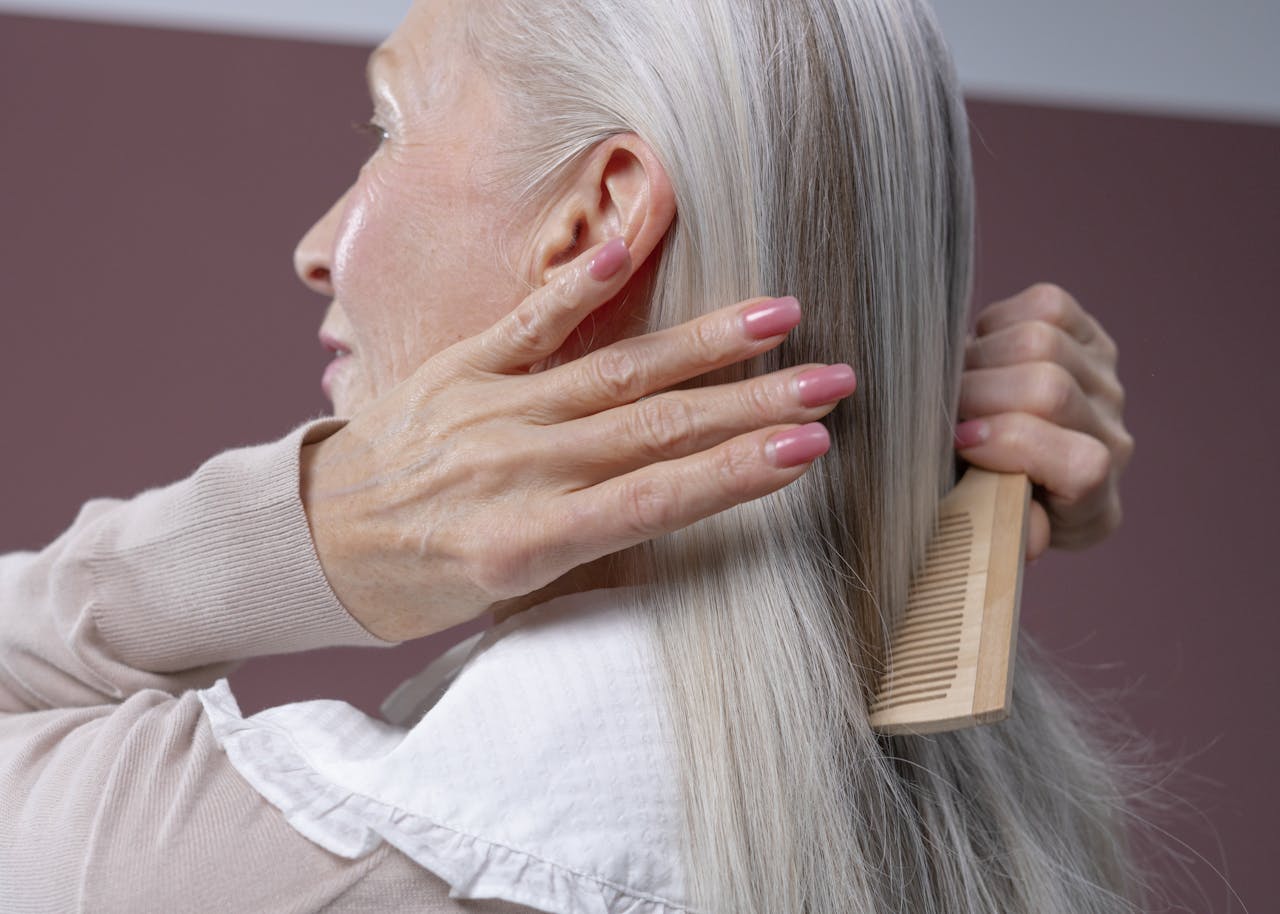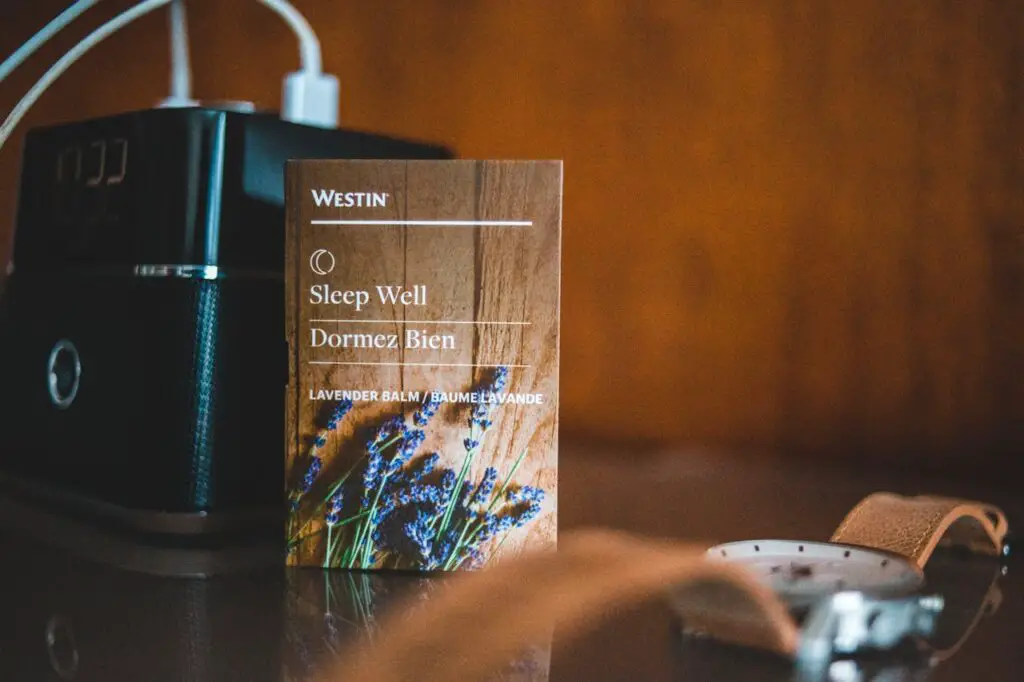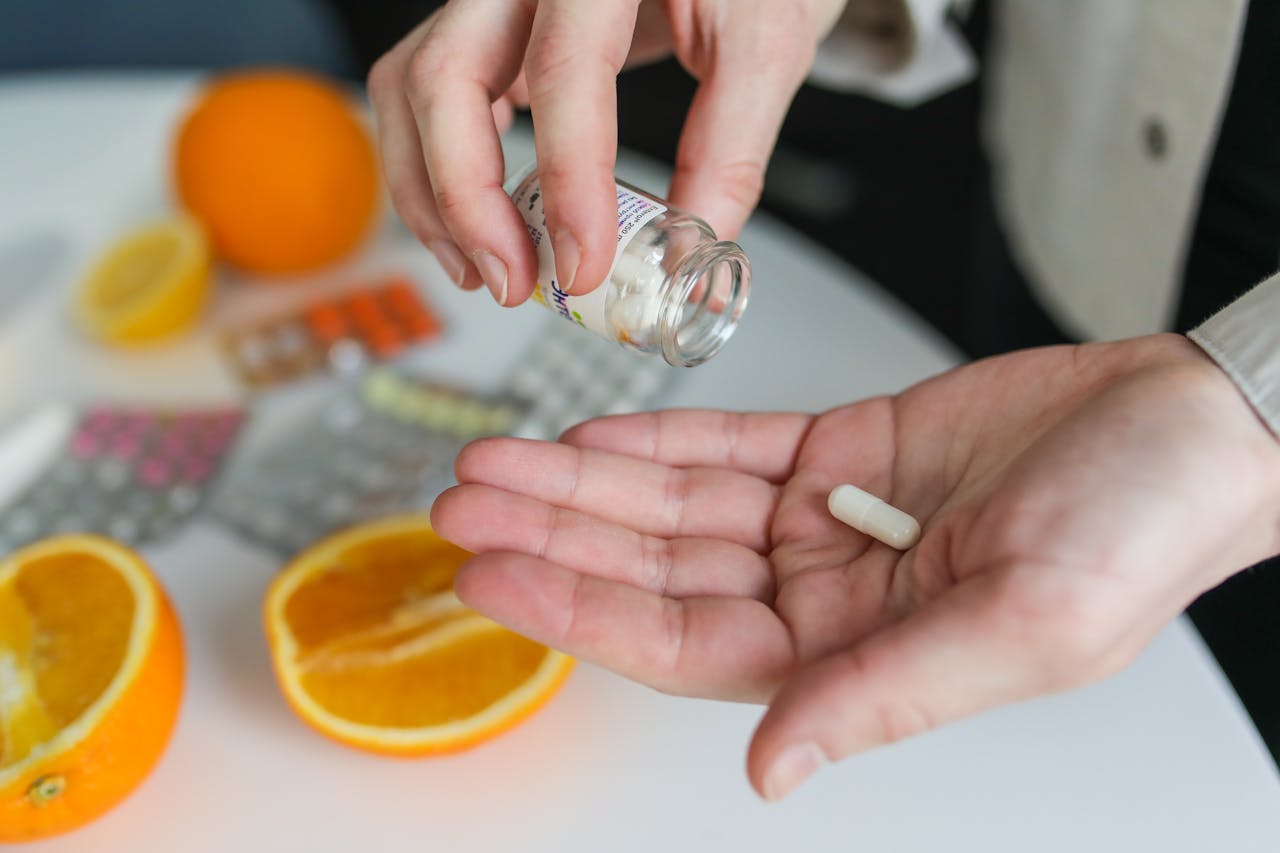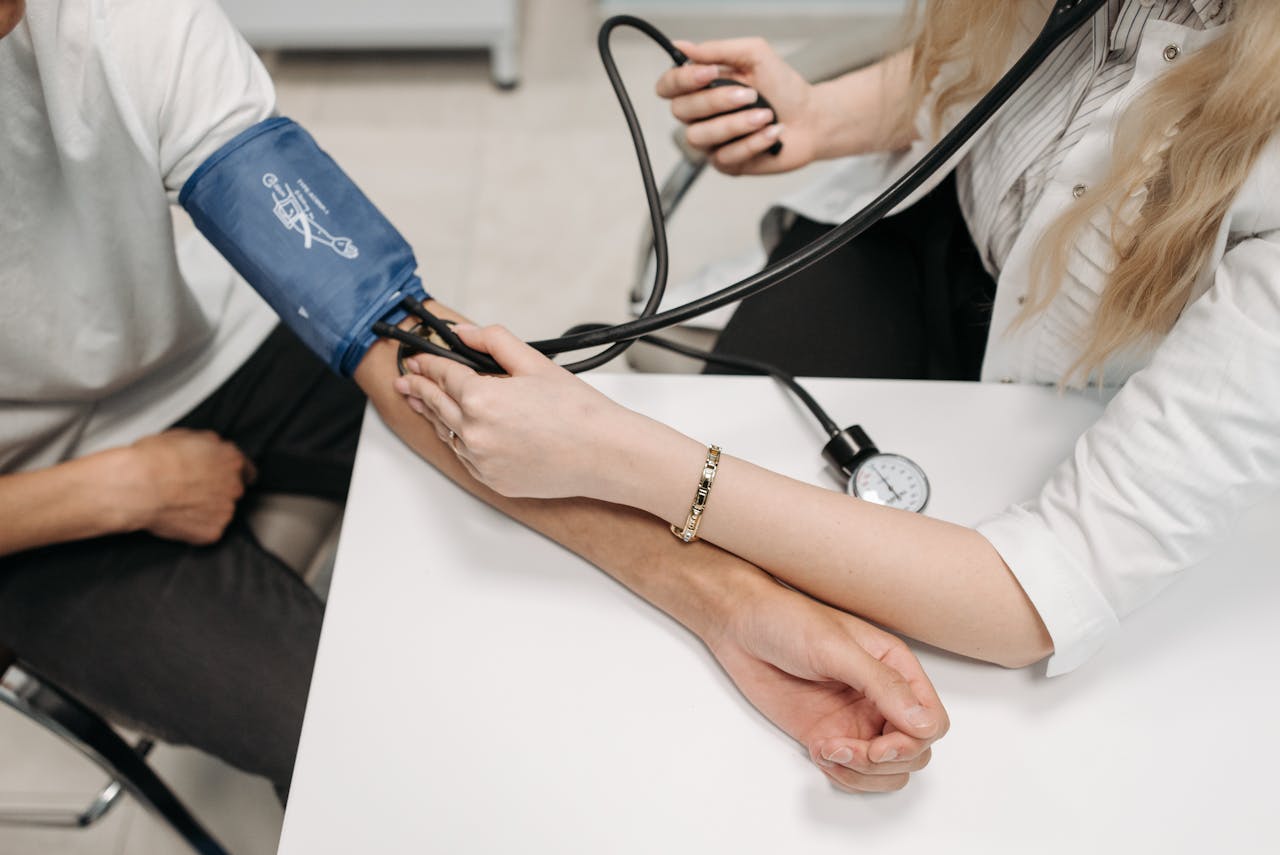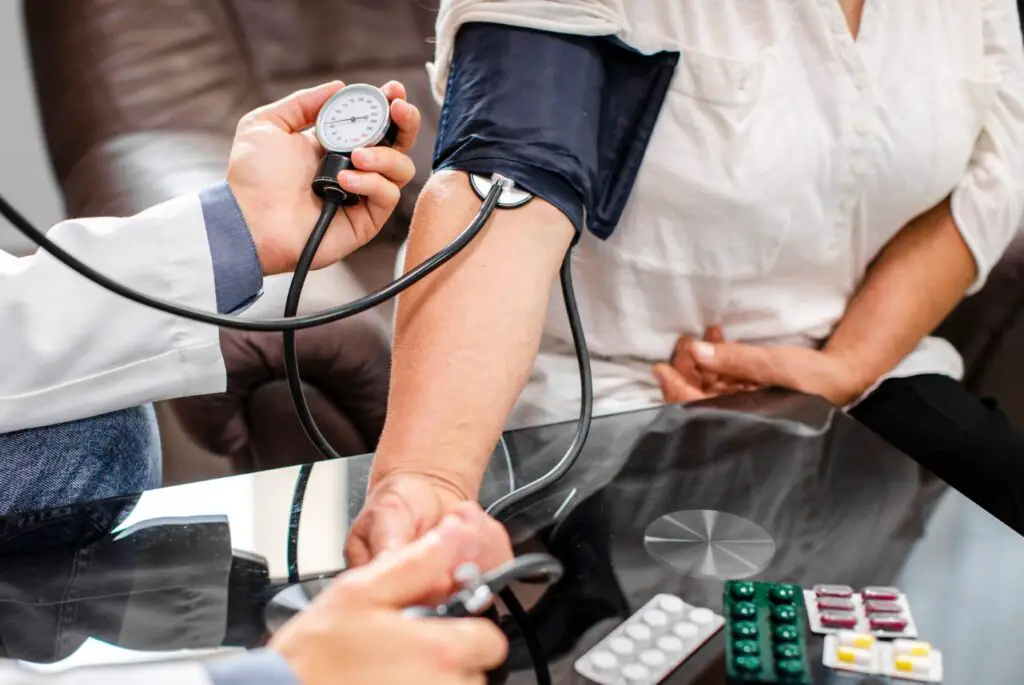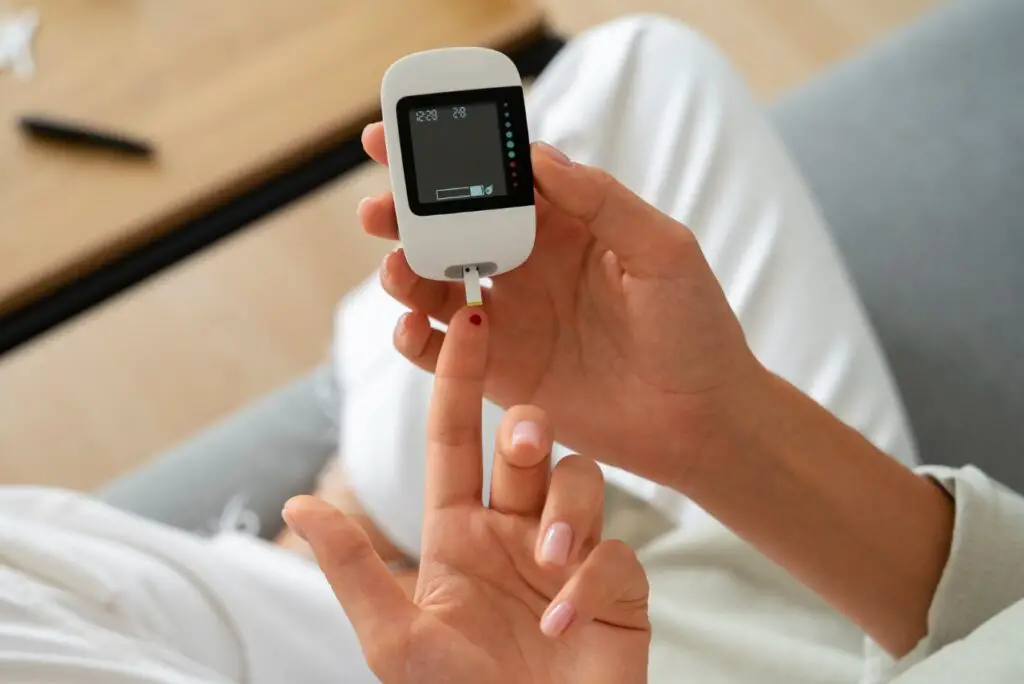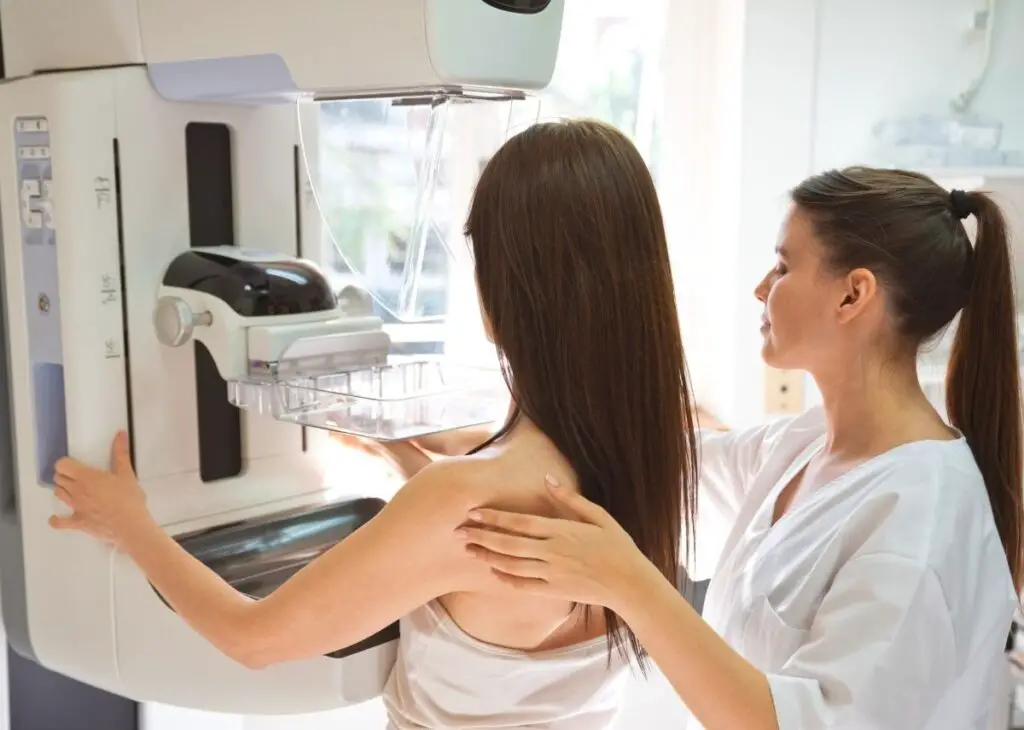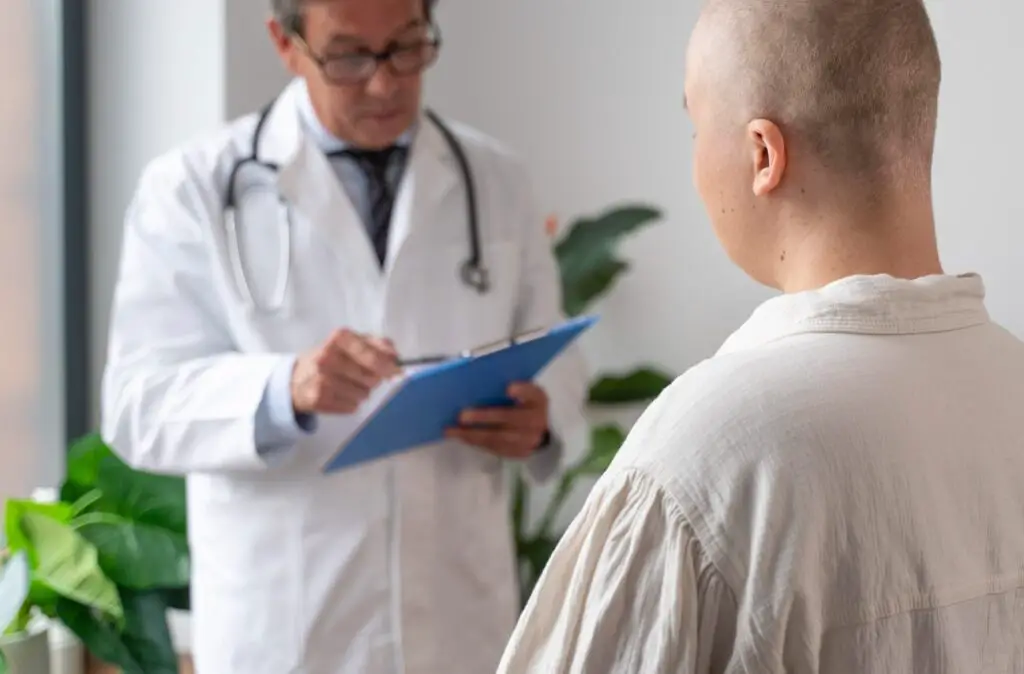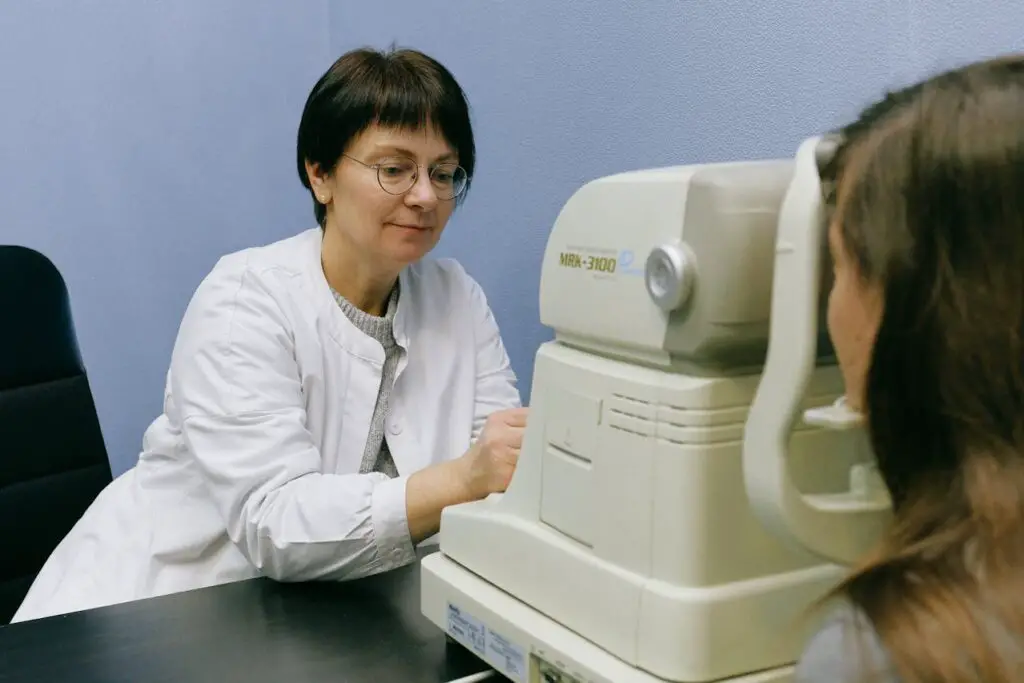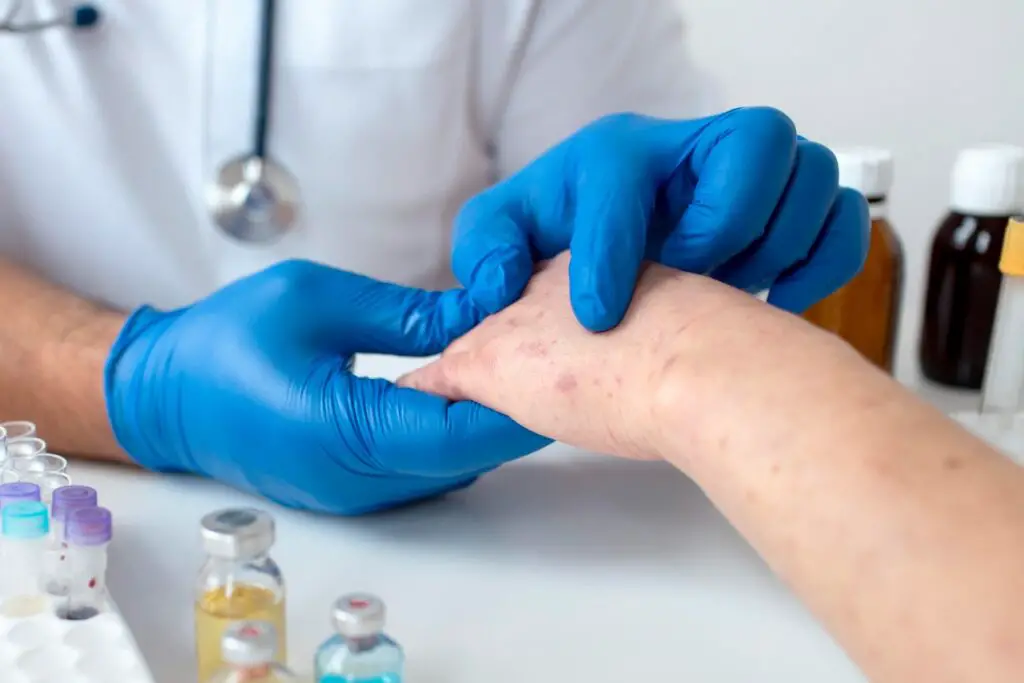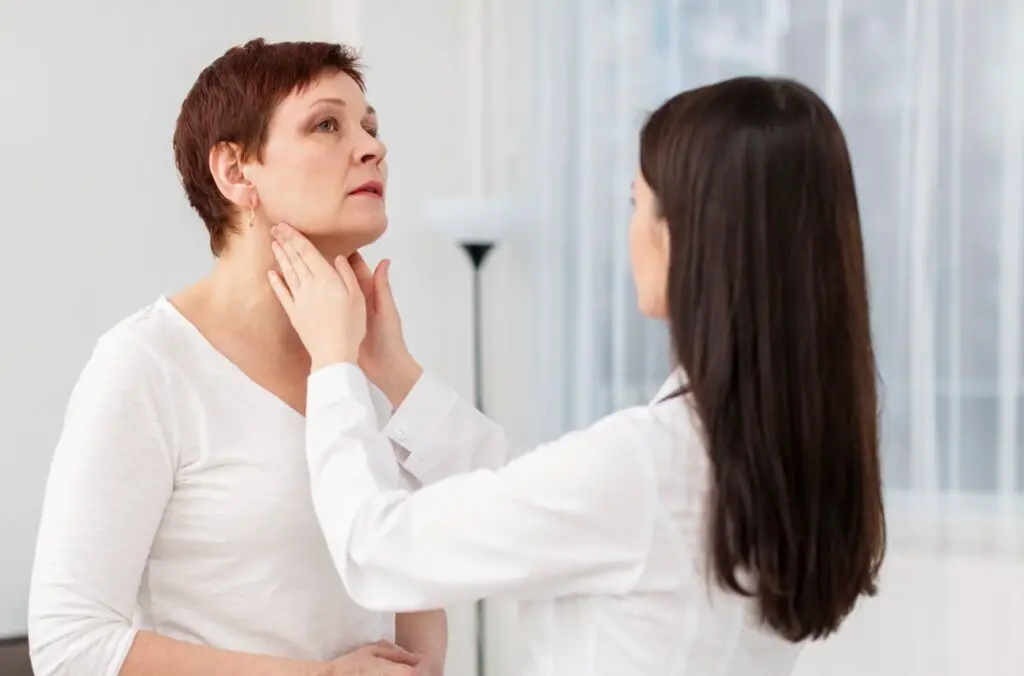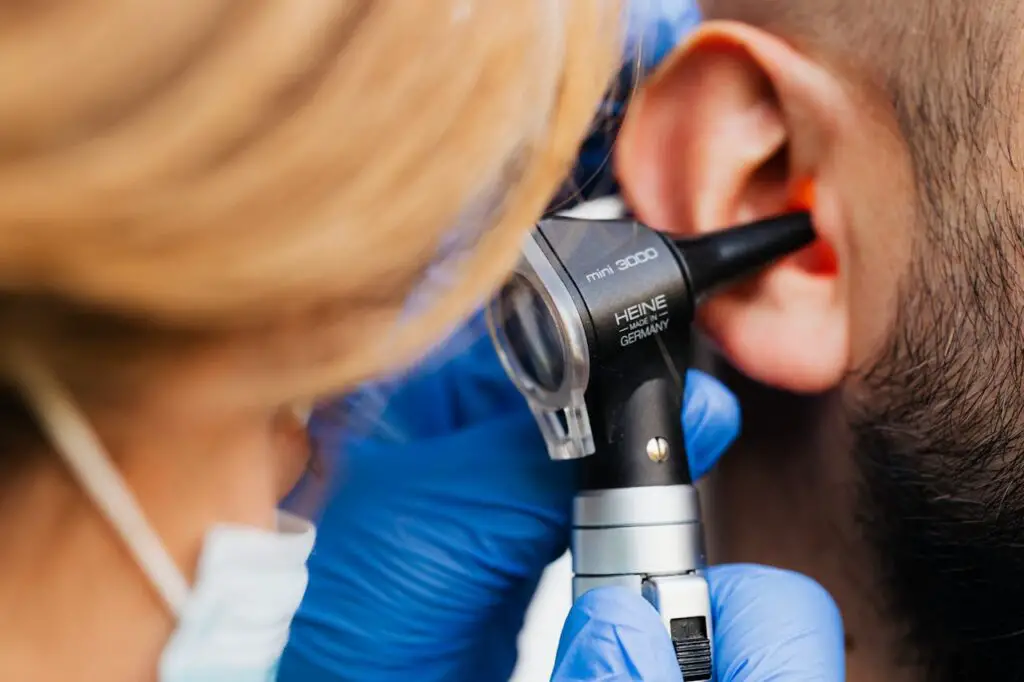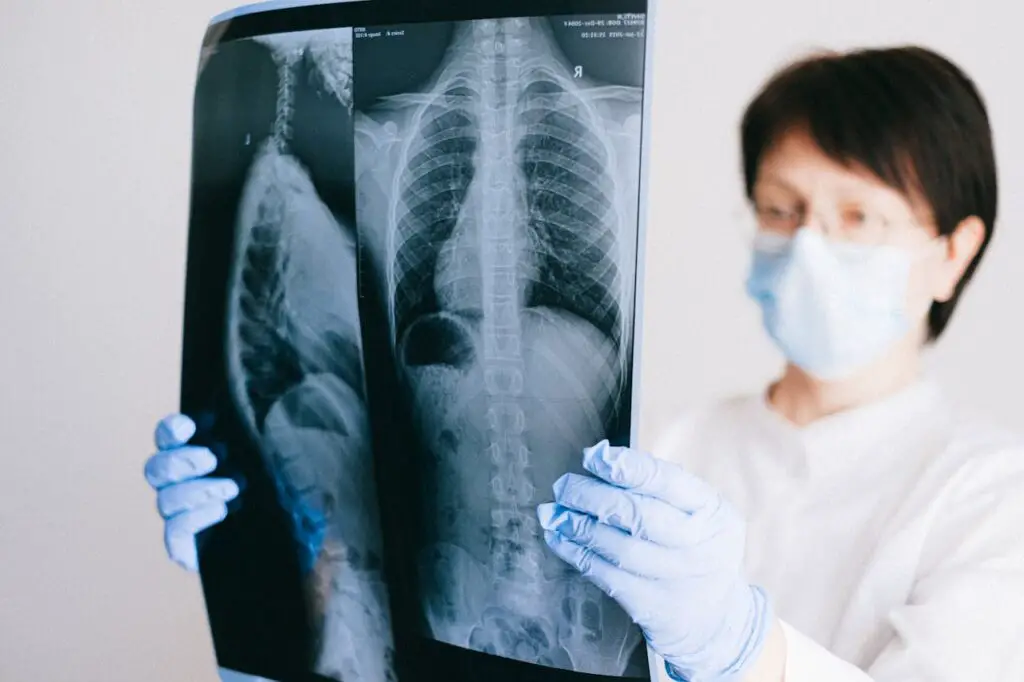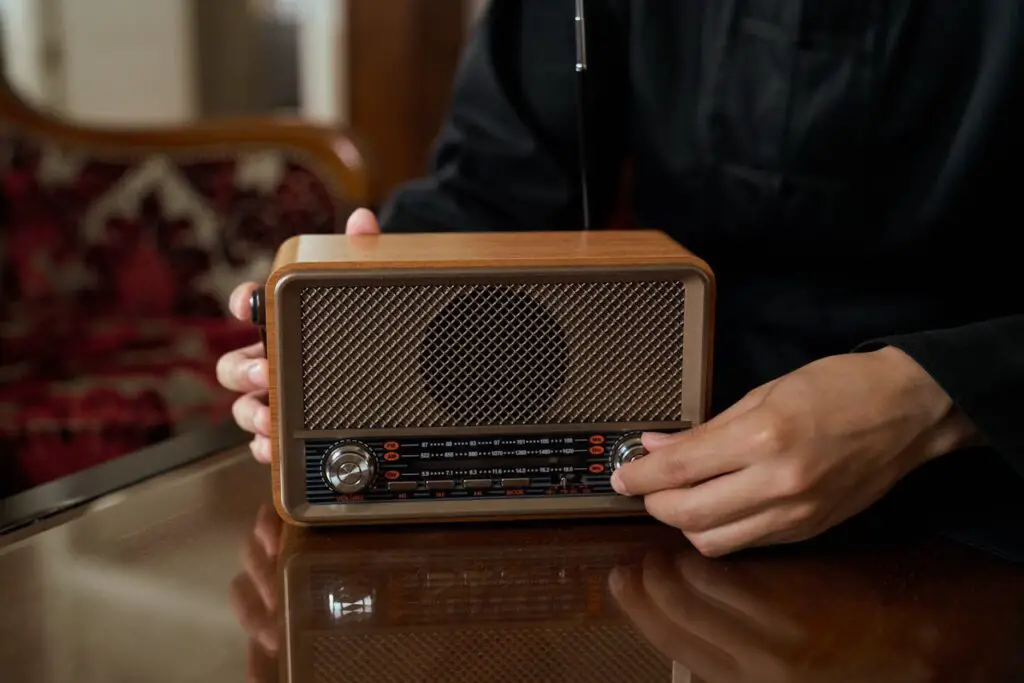Stay Happy and Healthy: 9 Easy Self-Care Tips for Your Golden Years

Growing older can be a joy when you take care of your body, mind, and soul. The golden years are a chance to slow down, enjoy life, and try new things. Self-care is not a luxury. It’s a daily need that keeps you strong, sharp, and full of life. Many people overlook simple habits that bring big health benefits. These easy self-care tips can help make your days brighter, healthier, and full of energy.
Stay Active with Daily Movement

Movement keeps your joints loose and your heart healthy. Walking, stretching, or gentle yoga can work wonders. You don’t need a gym to stay fit. A simple walk around the park or light chores at home count. Staying active also helps with balance, lowering the risk of falls. Many seniors love joining local fitness classes because of the friends they meet along the way.
Eat Fresh and Colorful Meals

Eating right gives your body the fuel it needs. Stick to meals with lots of greens, fruits, lean meats, and whole grains. Fresh food is full of vitamins that help keep your skin bright and your mind clear. Try to skip the salty snacks and sweets most days. Home-cooked meals let you control the sugar and salt. Many local markets offer fresh produce at good prices, making healthy eating easy.
Stay Hydrated All Day

Water is your body’s best friend. It keeps your joints moving, skin glowing, and mind sharp. Many older adults don’t feel thirsty as often, but that doesn’t mean your body doesn’t need water. Drink small amounts often throughout the day. Herbal teas and fresh juices also count. Keeping a water bottle close can help you remember to sip often.
Prioritize Sleep and Rest

Sleep is when your body heals and your mind resets. As you age, sleep patterns may change, but good rest is still key. Stick to a regular bedtime and wake-up time. Keep your room dark and quiet to help you fall asleep faster. Short naps during the day are fine if they don’t affect your night’s sleep. Good sleep helps with mood, memory, and health.
Stay Social and Connected

People thrive on connection. Family, friends, neighbors, or even pets keep loneliness away. Talking to others boosts your mood and keeps your mind sharp. Join a local club or church group if you can. Even regular phone calls or video chats help. Community centers often have free events or classes that are both fun and a great way to meet people.
Keep Your Mind Busy and Curious

Your brain needs exercise, too. Reading, solving puzzles, or learning a new skill keeps your mind sharp. Many seniors enjoy hobbies like painting, writing, or playing music. Libraries and community centers offer free classes or book clubs. Learning something new gives you a sense of pride and purpose. It’s also a great way to stay busy and avoid boredom.
Regular Health Check-Ups

Staying on top of your health means fewer surprises later. Regular check-ups catch small problems before they grow. Make it a habit to visit your doctor, dentist, and eye doctor at least once a year. Keep a list of your medicines and ask your doctor if they’re still right for you. Free clinics and health fairs also offer basic tests if you’re on a budget.
Spend Time in Nature

Fresh air and sunshine work like magic. Spending time outside lifts your mood and helps you relax. A walk in the park, light gardening, or simply sitting on a bench watching birds can ease stress. Sunlight gives your body Vitamin D, which helps keep bones strong. Many seniors find peace and joy in nature, and it’s free.
Practice Gratitude and Mindfulness

It’s easy to focus on aches and worries as we age, but taking time to notice the good things helps shift your mood. Start or end your day by listing three things you’re thankful for. Simple moments like a good cup of coffee or a chat with a friend count. Breathing slowly and focusing on the present helps reduce stress. Many people find that practicing gratitude improves their overall happiness.
Conclusion

Caring for yourself doesn’t have to be hard or costly. These simple habits can make a big difference in how you feel every day. The golden years are your time to enjoy life, try new things, and stay connected. With small, daily actions, you can protect your health and keep your spirit strong. Self-care is a gift you give yourself, and it’s never too late to start.





